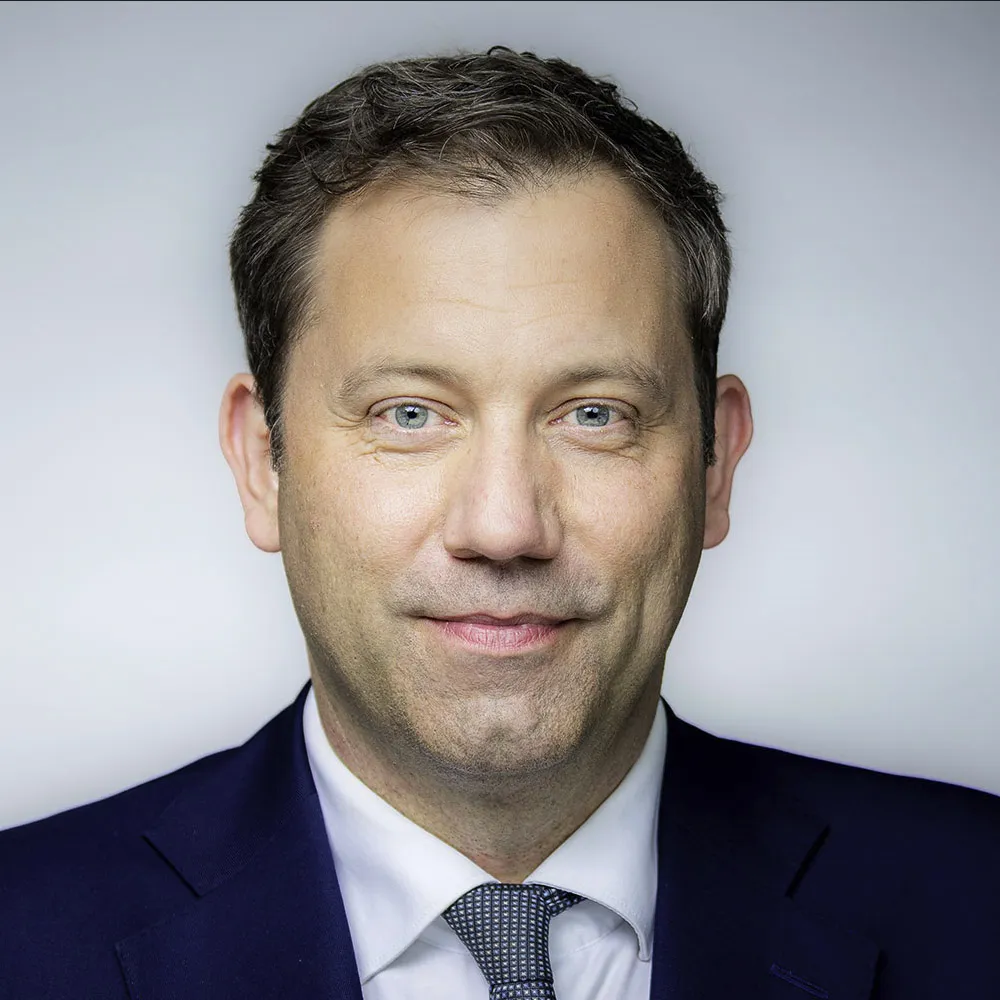Speaking at the Hertie School in Berlin on 24 September, Klingbeil set out a six-point programme that places industrial policy and defence integration at the centre of EU economic strategy.
Klingbeil argued that Europe faces a strategic inflection point and should respond by concentrating EU resources on projects with cross-border value, including rail and road corridors, electricity interconnectors, and grid modernisation.
He linked these priorities to a broader effort to reduce regulatory fragmentation inside the single market, warning that divergent national implementation of common rules is increasing bureaucracy and deterring investment. The minister also urged better mutual recognition of professional qualifications to support labour mobility.
A central pillar of the plan is a “Buy European” approach for essential inputs such as advanced semiconductors. The proposal would prioritise European sourcing for components central to economic security, reflecting concerns over supply-chain resilience and technological dependencies.
In parallel, Klingbeil backed the creation of a single market for defence, built around joint armaments projects and coordinated procurement. Those ideas align with earlier EU-level discussions on pooling demand and establishing common funding vehicles to buy and own military equipment on behalf of member states.
Klingbeil’s remarks come as Berlin seeks a larger leadership role within the EU under Chancellor Friedrich Merz. The German government has linked its European agenda to shifts in the transatlantic environment and to the ongoing war in Ukraine, now in its fourth year, which has driven higher European defence spending and renewed attention to defence industrial capacity. The finance minister said the EU should have an active role in security discussions and called for greater coherence in defence initiatives.
Trade policy featured prominently in the six-point plan. Klingbeil urged rapid progress on agreements with India and with the Mercosur bloc, presenting them as part of a wider response to tariff measures from the United States. He also proposed a “Savings and Investment Union” designed to unlock private capital across borders, arguing that a deeper, more harmonised European capital market is needed to help start-ups scale. These elements would complement the budgetary reorientation he advocates at EU level.
The speech was delivered at a public event titled “A European Agenda – Lars Klingbeil on Germany’s investment strategy and the future of the EU”, held at the Hertie School’s Friedrichstraße auditorium in Berlin. The timing underlines the domestic context: Germany is debating its national fiscal stance while signalling priorities for the next phase of EU policy.
Berlin has recently set out plans that increase national investment and defence outlays, with the 2026 draft budget allocating record volumes to capital spending and meeting NATO targets on defence expenditure. That discussion has taken place alongside debates over the “debt brake” and the use of special funds. The domestic fiscal picture provides the backdrop for Klingbeil’s call to refocus EU-level spending on projects with clear European public-goods characteristics.
At EU level, the Commission has promoted a more integrated approach to defence procurement and industrial policy this year, including proposals to boost joint projects and to encourage the purchase of European-made equipment. Finance ministers have also considered options for common or intergovernmental funds to support collective acquisitions, while some capitals have urged the bloc to better leverage existing instruments before creating new ones. Klingbeil’s call for a defence single market sits within that debate and points to stronger coordination of standards, procurement cycles and financing.
Klingbeil linked market integration to skills and mobility, pressing for mutual recognition of qualifications to address shortages across sectors such as engineering and information technology. He said that reducing administrative barriers would help deliver investment and speed the deployment of strategic projects, particularly where cross-border permitting and regulatory approvals are required.
The minister’s remarks also referenced trade diversification and supply-chain security. A “Buy European” preference on critical components would sit alongside efforts to expand trade with key partners. It would also interact with national initiatives on semiconductor ecosystems and clean-tech supply chains, where several member states are seeking to scale domestic capacity while maintaining compliance with single-market and competition rules. The precise mechanisms for any EU-level preference regime—whether through procurement rules, incentives, or standards—were not detailed in the speech.
Klingbeil framed the overall programme as a shift from preserving the status quo towards investment and reform. The emphasis on cross-border infrastructure, energy security, defence industrial cooperation and capital-market deepening reflects a wider EU policy discussion on competitiveness and strategic resilience.
Post Views: 974
